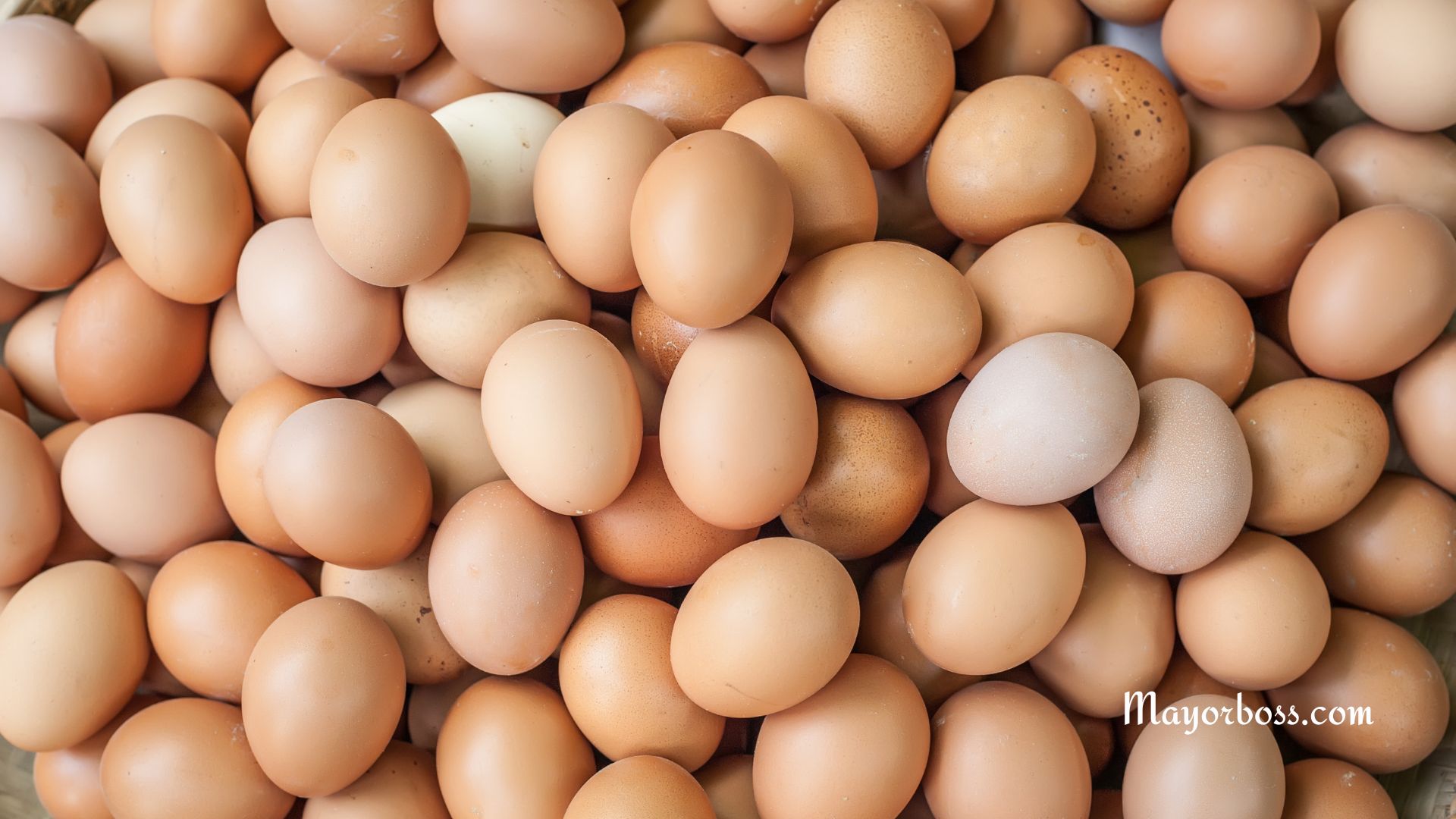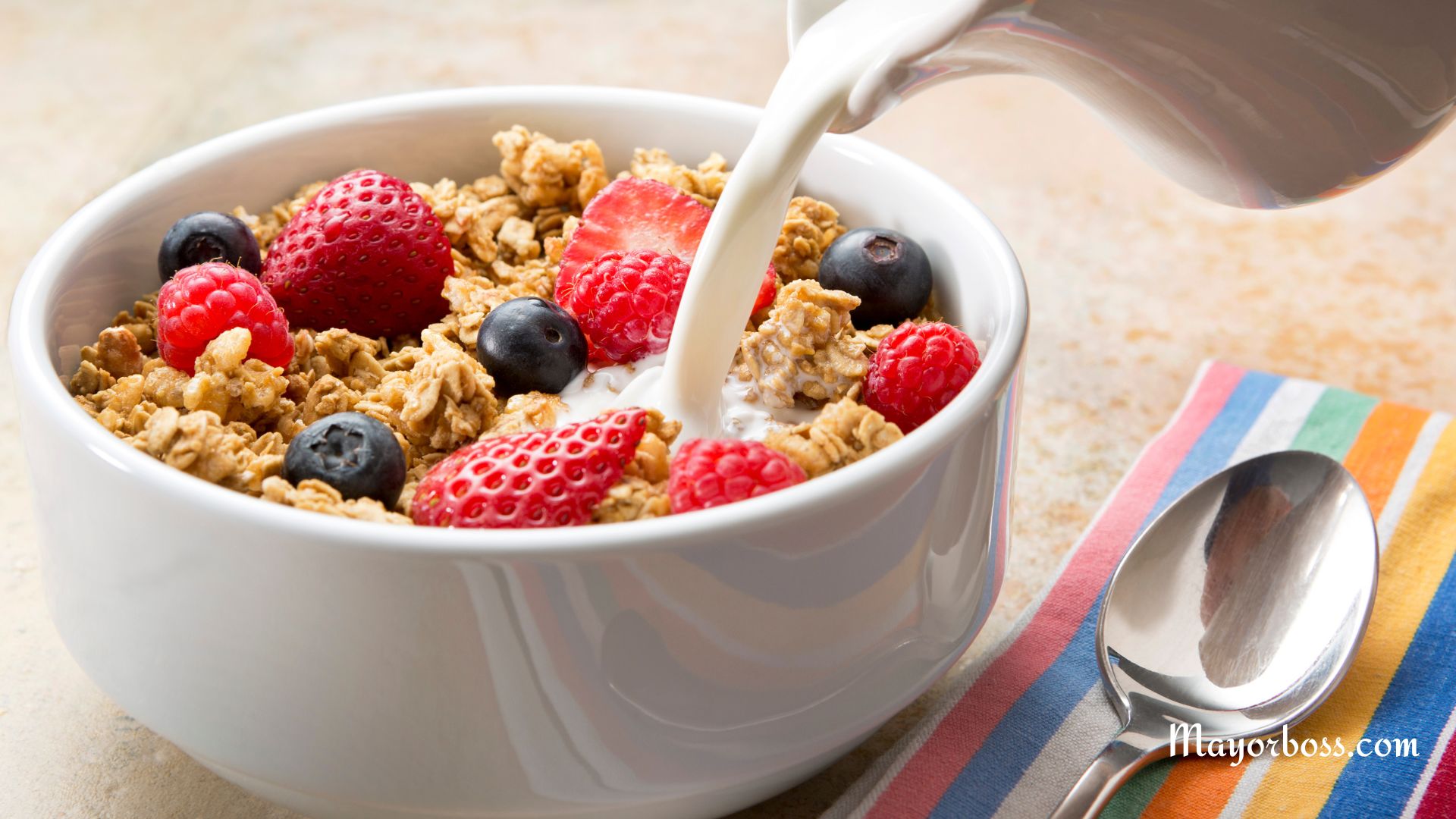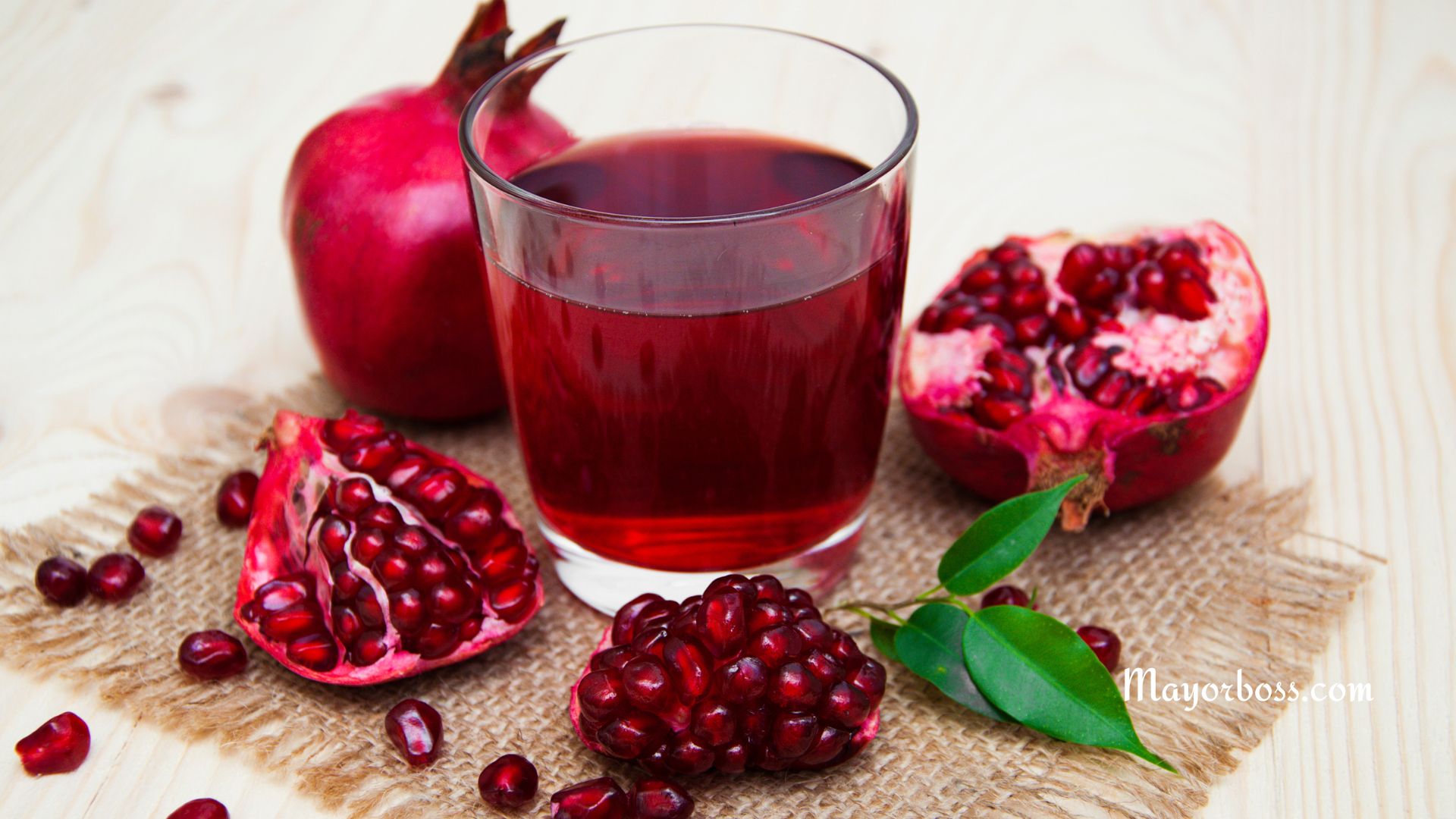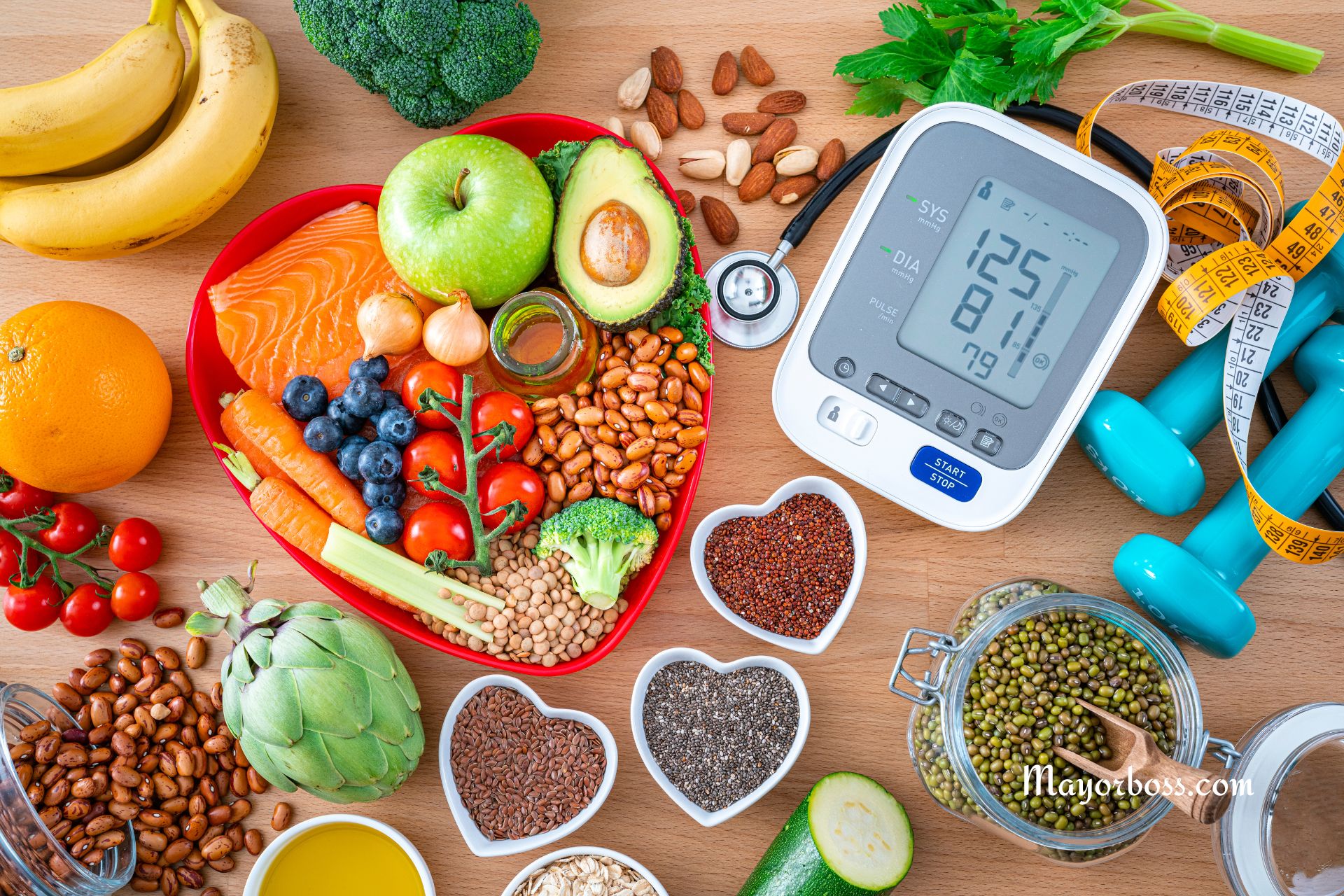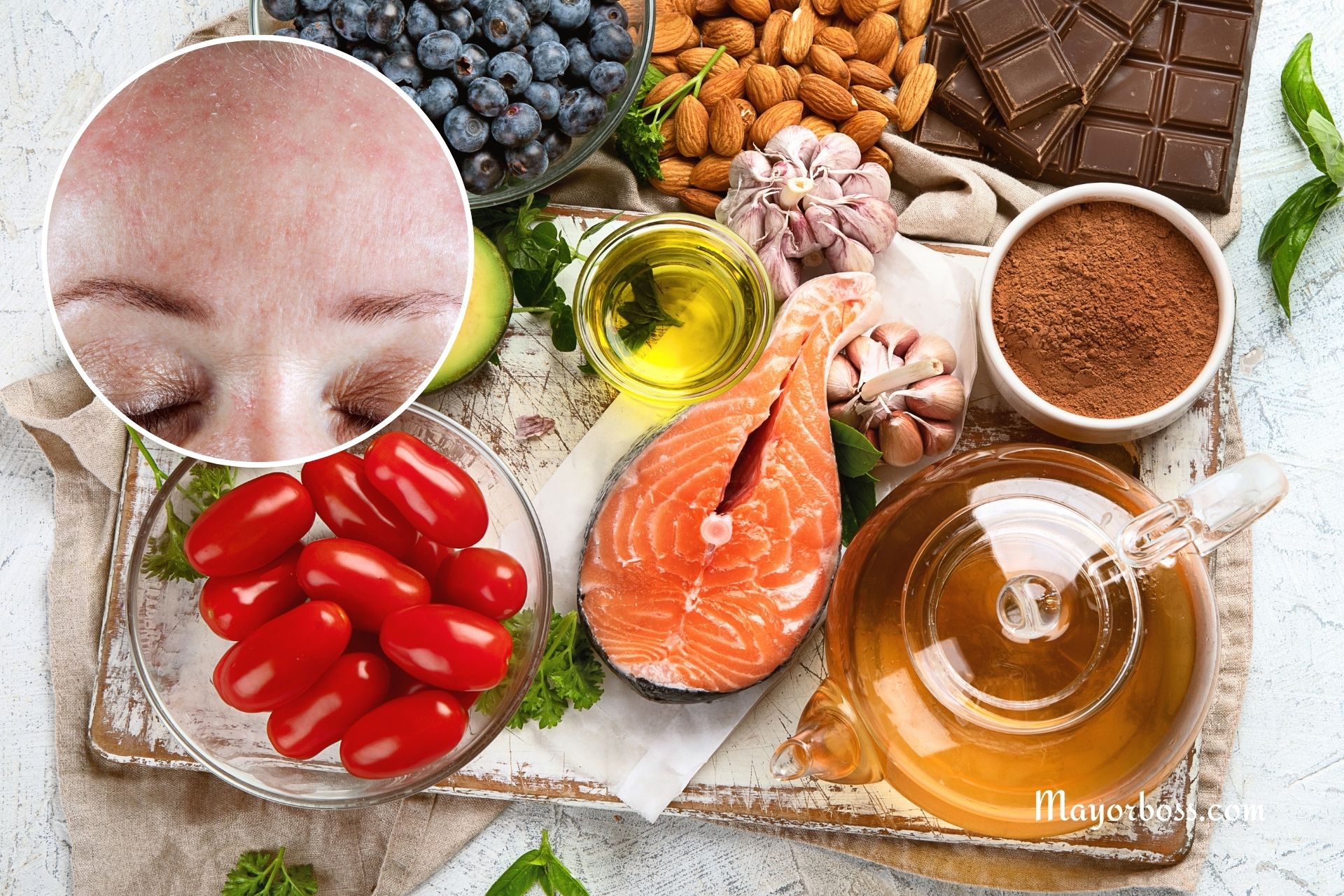16 Foods That Are Naturally Diuretic
Have you ever felt bloated or experienced swelling in your body? If so, you’re not alone. Many people encounter these uncomfortable symptoms, often due to water retention. The good news is, you don’t always need to turn to medications to help relieve this issue. Nature provides a variety of foods that can act as natural diuretics, helping your body eliminate excess water and reduce swelling.
What are natural diuretics? Simply put, diuretics are substances that help your body get rid of excess fluid by increasing urine production. While some diuretics are available as medications, many foods and drinks can also have diuretic effects. These natural diuretics can help reduce bloating, lower blood pressure, and improve kidney function.
In this article, I’ll share 16 foods that are naturally diuretic and can help you feel lighter and more comfortable.
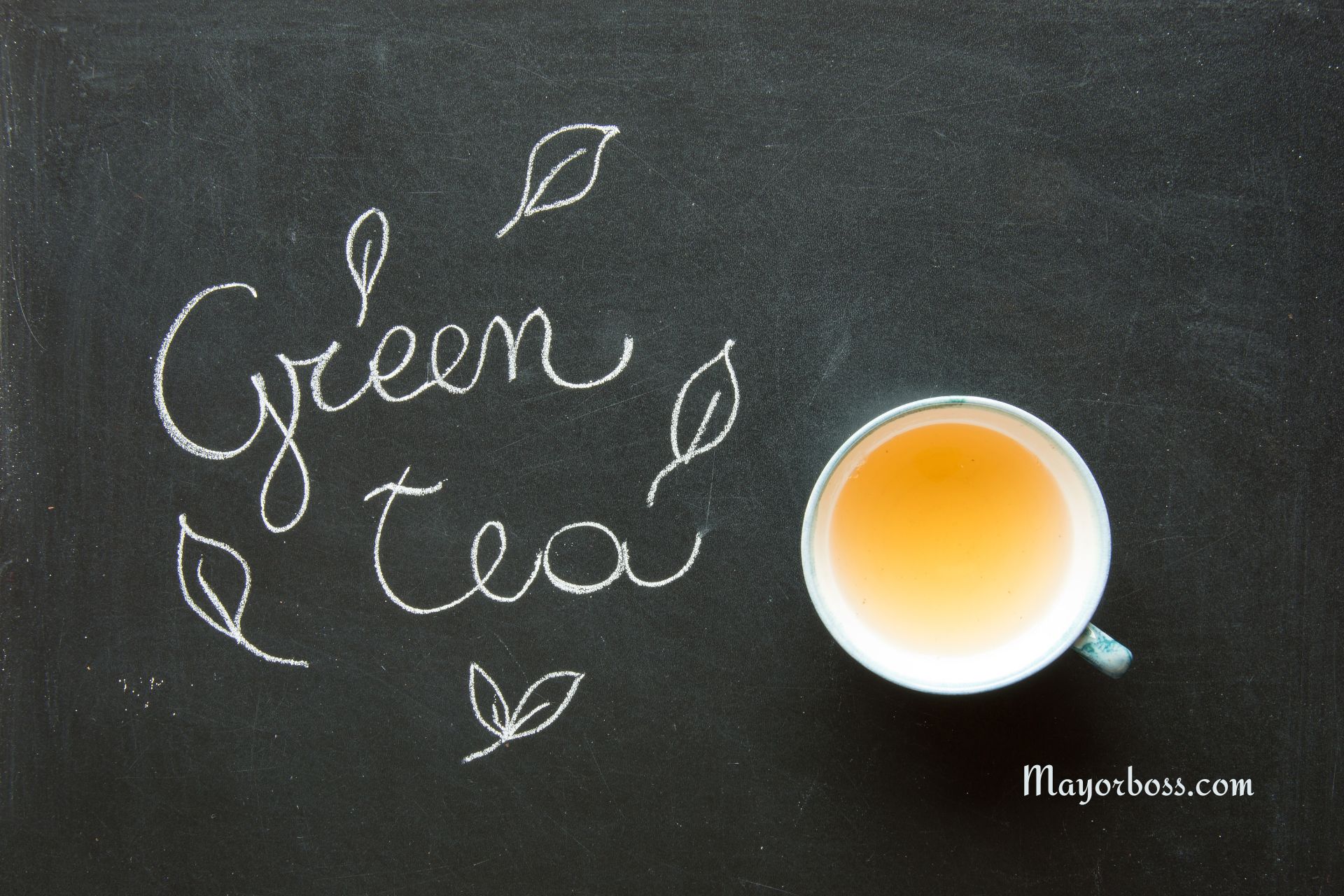
1. Cucumbers
Cucumbers are not only refreshing and hydrating but also have a mild diuretic effect. They are rich in water and potassium, which helps to flush out excess sodium from your body. Adding cucumbers to your diet can be as simple as slicing them into salads or enjoying them as a crunchy snack.
2. Watermelons
Watermelons are known for their high water content, making them an excellent diuretic food. They help increase urine production and keep you hydrated. Plus, they are delicious and perfect for hot summer days. Try adding watermelon to your fruit salads or blending it into a refreshing smoothie.
3. Celery Stalks
Celery is another hydrating food that acts as a natural diuretic. It contains compounds that help increase urine flow and flush out toxins. Enjoy celery sticks with hummus, or add them to your soups and stews for a nutritious boost.
4. Asparagus
Asparagus contains a unique compound called asparagine, which acts as a natural diuretic. This compound helps remove excess salt and fluid from your body. Roasting or steaming asparagus makes for a tasty side dish that can complement any meal.
5. Pineapple
Pineapple also has diuretic properties. Its high water content and natural enzymes help reduce water retention and aid digestion. Add pineapple to your morning yogurt, or enjoy it as a refreshing snack.
6. Parsley
Parsley is more than just a garnish. It has been used for centuries as a natural diuretic. Rich in vitamins and antioxidants, parsley helps promote urine production and flush out excess fluids. Sprinkle fresh parsley on your dishes for added flavor and health benefits.
7. Lemon Juice
Lemon juice is a powerful diuretic that can help detoxify your body. Adding a squeeze of lemon to your water not only enhances the flavor but also boosts urine production. Drinking lemon water first thing in the morning can kickstart your day on a healthy note.
8. Ginger Root
Ginger is well-known for its digestive benefits, but it also acts as a natural diuretic. It helps reduce water retention and bloating by increasing urine flow. Incorporate fresh ginger into your teas, smoothies, or stir-fries for a flavorful kick.
9. Garlic
Garlic is a versatile ingredient with many health benefits, including its diuretic properties. It helps flush out excess fluids and toxins from your body. Add garlic to your cooking to enhance flavor and promote better health.
10. Tomatoes
Tomatoes are rich in water and potassium, making them an excellent natural diuretic. They help reduce water retention and support kidney function. Enjoy tomatoes in salads, soups, or as a base for your favorite sauces.
11. Carrots
Carrots are another hydrating vegetable with diuretic effects. Their high water and potassium content help eliminate excess fluids from your body. Snack on raw carrots or add them to your dishes for a nutritious boost.
12. Berries
Berries, such as strawberries, blueberries, and raspberries, are not only delicious but also act as natural diuretics. They are packed with antioxidants and vitamins that promote overall health. Add berries to your breakfast cereal or yogurt, or enjoy them as a snack.
13. Dandelion Greens
Dandelion greens may not be the first thing that comes to mind, but they are highly effective as a natural diuretic. They help detoxify the liver and promote urine production. Add dandelion greens to your salads or smoothies for a nutritional boost.
14. Cranberries
Cranberries are well-known for their urinary tract benefits, and they also act as natural diuretics. They help flush out excess fluids and prevent urinary tract infections. Enjoy cranberry juice, or add dried cranberries to your salads and oatmeal.
15. Green Tea
Green tea is a soothing beverage with natural diuretic properties. It helps increase urine production and reduce bloating. Enjoy a cup of green tea daily to reap its numerous health benefits.
16. Coffee
And guess what? Coffee is also a powerful natural diuretic. The caffeine in coffee increases urine production and helps flush out excess fluids. However, it’s important to consume coffee in moderation, as too much can lead to dehydration. Enjoying a cup or two of coffee daily can help you stay alert and reduce water retention.
Making These Foods Part of Your Diet
Incorporating these naturally diuretic foods into your diet can be both easy and delicious. You can mix and match these foods to create tasty meals and snacks that help reduce water retention and improve your overall well-being.
For example, starting your day with a glass of lemon water, enjoying a cucumber and tomato salad for lunch, snacking on berries in the afternoon, and having dinner with asparagus or celery can significantly impact your health. Plus, drinking green tea throughout the day can help keep you hydrated and support your body’s natural detoxification processes.
Benefits of Natural Diuretics
Using natural diuretics like these foods offers several advantages. They not only help reduce water retention and bloating but also provide essential nutrients and antioxidants that promote overall health. Additionally, these foods are generally safe and free from the side effects that some medications might have.
When to See a Doctor
While these natural diuretics can be incredibly helpful, it’s essential to know when to seek medical advice. If you experience severe or persistent swelling, bloating, or other symptoms, it’s crucial to speak with your physician.
Keep in mind, moderation is key. Overconsumption of diuretic foods can lead to dehydration and an imbalance in electrolytes. So, enjoy these foods as part of a balanced diet for the best results.

